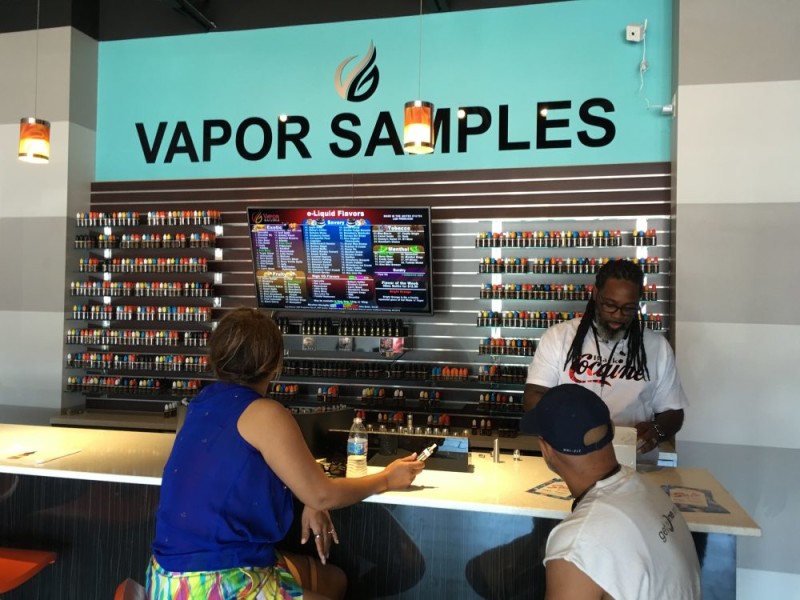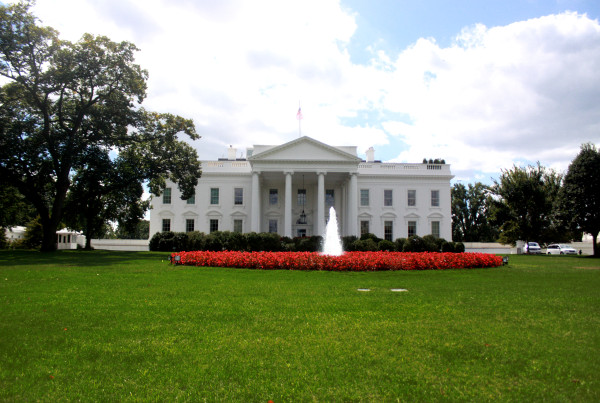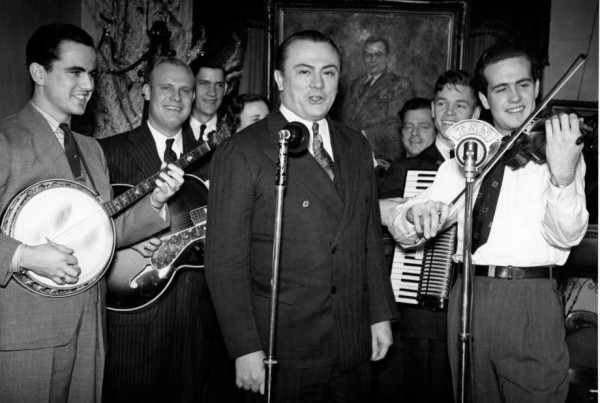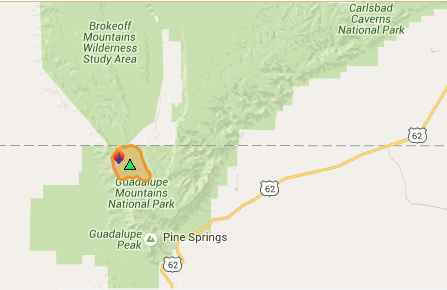From Houston Public Media:
New federal rules will require e-cigarette companies to disclose ingredients to regulators and add nicotine warnings to the products. There will also be a new national ban on sales to minors. Texas already had that age restriction in place.
“We just don’t know how unsafe they are,” said M.D. Anderson Cancer Center president Ron DePinho, who approves of the new regulations.
“These are combustible chemicals that release formaldehyde and a variety of other noxious substances, so we don’t really know whether or not these agents are injurious to lungs or health,” he added.
Some manufacturers claim e-cigarettes can help people quit smoking, but DePinho says the research doesn’t yet prove that.
He points to other studies showing e-cigarettes could act as a gateway to more traditional tobacco products. He calls that troubling, because it could reverse decades of progress in reducing smoking rates. Tobacco use remains a global killer.
“It accounts for 20 percent of all deaths and 30 percent of all cancer deaths,” DePinho said. “Any agent that provides a gateway towards tobacco use is something that needs to be addressed, and addressed rigorously.”
The new rules will require companies to disclose ingredients inside the nicotine-laced flavored fluids, and apply nicotine labels and warnings.
Dr. Ernest Hawk, MD Anderson’s vice president for cancer prevention, said it’s hard to do research or draw conclusions about e-cigarettes when there are no standards or transparency in the market.
“It’s been kind of the wild west,” Hawk said. “We use one term, e-cigarettes, but it really covers hundreds of different liquids, different atomizers, different heating methods. This really will help to get a handle on all that, and hopefully lead to greater standardization in the future.”
Dr. Alex Prokhorov is an expert on smoking and youth at MD Anderson. Prokhorov says the idea of a nicotine label might sound obvious, but in his surveys of young people he has learned that many don’t know that e-cigarettes contain nicotine, or what that means for their brains and bodies.
At the Vapor Galleria on the South Loop, near NRG stadium, nicotine-laced liquid refills come in dozens of flavors, from “Pecan Pie” to “Papa Smurf.”
Shop owner Erick Jones seemed unconcerned about the new regulations.
For one thing, Texas law already forbids the sale of e-cigarettes to minors.
In addition, all the nicotine liquids that Jones sells in his shop are manufactured at a central laboratory for all the franchises in the chain. Jones said he doesn’t think the lab would have any problems meeting new regulations.
Dove Southridge of Sugar Land stopped by the store last week.
Although generally leery of government regulations, Southridge said it’s a good idea to protect teenagers from nicotine addiction.
“The vaper devices that we have, they’re just obviously so cool looking, you know?” Southridge said. “So I could see how this could catch on, maybe start a whole new generation or several generations of nicotine addicts. I will openly admit that nicotine is the worst addiction that I’ve ever picked up in my life.”
Southridge switches back and forth between regular and e-cigarettes. He said e-cigarettes can be convenient in certain settings.
“The vapor doesn’t stink up your house and make your clothes stink, and things like that,” he said.
Southride claimed e-cigarettes are also cheaper. When he smokes regular cigarettes, he can smoke up to two packs a day, at a cost of $10 or more. But a vial of liquid nicotine only costs $17, and that lasts a whole week.
Prices could change as the new regulations come into effect. Manufacturers have two years to register their products with the FDA.
















